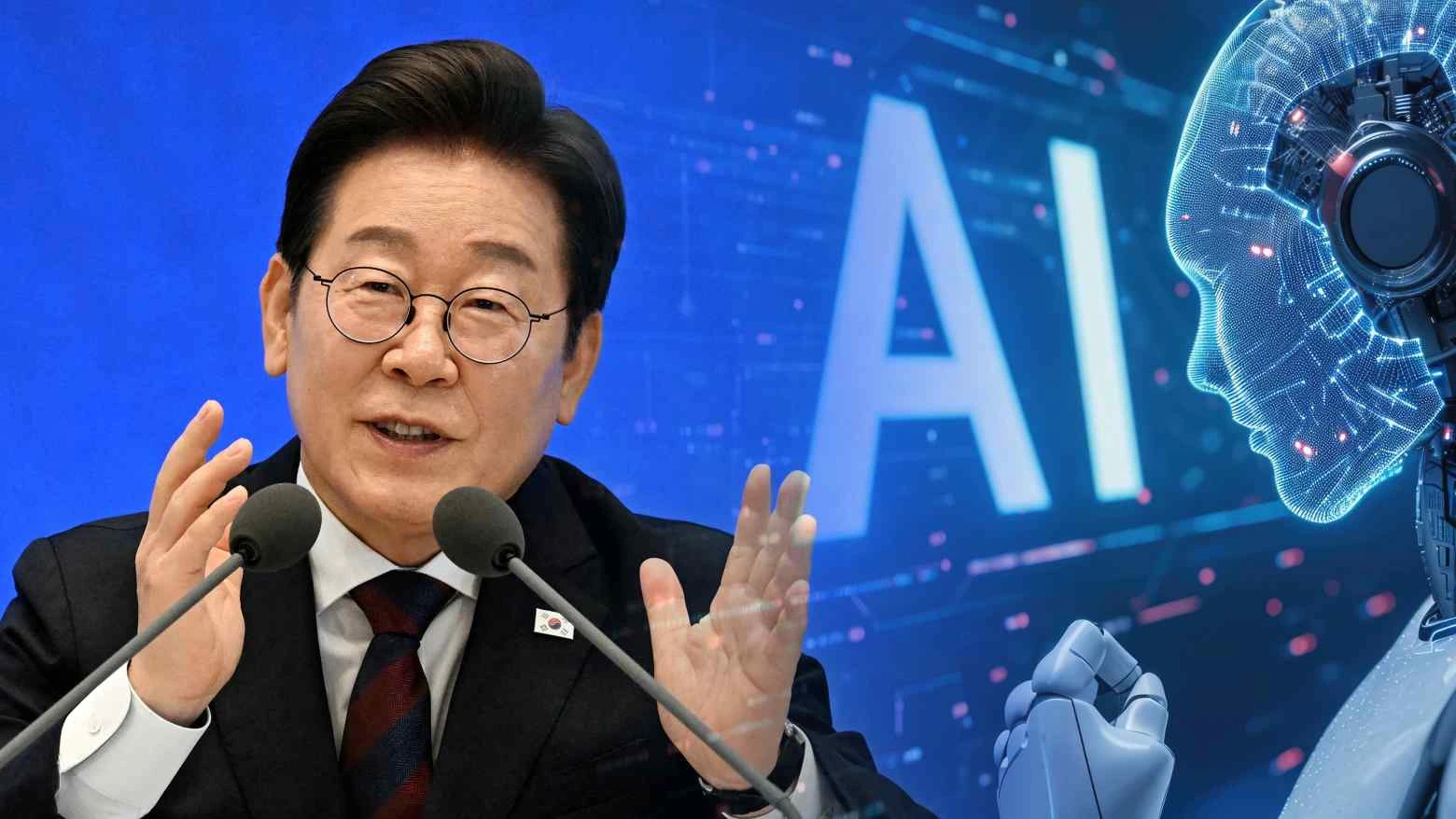Artificial intelligence is no longer just a tool it’s a matter of national power. From the US to China, countries are racing to build sovereign AI systems that reflect their language, values, and strategic priorities.
South Korea homegrown AI is the latest entrant in this global race and Seoul is making bold moves to ensure it doesn’t just follow, but leads.
In this article
- How South Korea’s AI strategy aims to rival OpenAI and Google through massive government investment.
- How companies like LG, SK Telecom, and Naver are building sovereign AI models.
- These efforts on national security, data sovereignty, and the global AI race. Let’s explore how South Korea is crafting an AI future on its own terms.
The Rise of South Korea’s Sovereign AI Initiative
In August 2025, the Ministry of Science and ICT announced South Korea’s most ambitious sovereign AI initiative to date a ₩530 billion ≈$390 million program dedicated to developing homegrown large language models.
The government selected five companies to lead the charge, LG AI Research, SK Telecom, Naver Cloud, NC AI, Upstage AI. Every six months, the government will review each player’s progress.
Underperformers will be cut, and funding will double down on frontrunners until only two companies remain to represent Korea’s national AI champions.
This performance based model shows how seriously Seoul views AI not as a tech fad, but as critical infrastructure for economic security, cultural identity, and technological independence.
Today’s AI superpowers OpenAI, Google, and Anthropic are primarily English language models, trained on Western data and designed for Western markets.
That presents several challenges, Language barrier, Korean is underrepresented in global datasets. Cultural misalignment, Models often fail to understand local context, traditions, or social nuances.
Data sovereignty, Sensitive local data stored or processed abroad poses national security risks. Economic dependence, Relying on foreign APIs limits domestic innovation and control.
By building South Korea homegrown AI, the country aims to, Ensure data sovereignty and local control. Develop AI fluent in Korean language and culture.
Boost competitiveness in the global AI race in Asia. Empower local industries from education to biotech with domain specific intelligence.
South Korea’s AI Champions
LG’s R&D powerhouse has unveiled Exaone 4.0, a hybrid reasoning model blending language understanding with advanced problem solving.
Unlike general purpose AIs, Exaone leverages LG’s industrial datasets from biotech to semiconductors to build domain specific intelligence.
Instead of chasing size, we focus on intelligent data refinement, says Honglak Lee, co head of LG AI Research. Our goal is real world impact, not just benchmarks.
Through partnerships with LG subsidiaries, Exaone is applied across supply chains, R&D, and manufacturing turning corporate data into a strategic AI asset.
Telecom giant SKT is using its AIX platform to embed AI across telecommunications, customer service, and 5G optimization.
By integrating LLMs into network management, SKT aims to create self healing networks and smarter user experiences.
Its open collaboration with Anthropic’s Claude has laid the foundation for hybrid Korean models tailored for telecom and enterprise needs.
Naver’s HyperCLOVA X is already one of Asia’s largest Korean language AIs. Trained on billions of Korean sentences from Naver’s search and news ecosystem, it’s deeply rooted in local context.
With the new government grant, Naver plans to expand HyperCLOVA’s reach into public services, education, and enterprise AI offering APIs for developers to build localized applications.
A rising startup, Upstage AI has gained attention with its Solar Pro2 model, which competes strongly on reasoning and coding benchmarks.
Its strategy, focus on efficiency and accuracy for businesses, particularly AI document processing, chatbots, and Korean education tools.
South Korea’s approach stands out from the Western model of bigger is better. Instead of pouring billions into ever larger models, the nation’s focus is efficiency, relevance, and specialization.
Models are trained on curated Korean datasets, not random internet noise. AI labs prioritize smarter GPU usage, making development sustainable.
Real World Deployment, From hospitals to factories, use cases are deeply tied to industry. This targeted AI development aligns with South Korea’s tradition of industrial excellence precision, practicality, and performance.
The Ministry of Education is already piloting HyperCLOVA X in schools to assist teachers with grading, student feedback, and content generation all in Korean, with sensitivity to local cultural nuances.
LG uses Exaone in its chemical R&D labs to analyze materials faster, reducing experiment time by 30% and boosting innovation speed.
Upstage AI is working with local SMEs to deploy cost efficient chatbots that understand Korean dialects, improving customer service across sectors.
Sovereign AI is not just about technology it’s about economic resilience, says Dr. Kim Jae hoon, AI policy advisor. In the era of AI, countries that don’t control their own models risk becoming digital colonies.
If you’re a developer, business leader, or policy maker, here’s what to learn from South Korea’s model, Invest in local data language and context matter.
Build efficiency, not just scale smarter models outperform bigger ones. Focus on applied AI real world results beat abstract benchmarks. Collaborate with government sovereign AI needs policy support.
By 2030, South Korea aims to become a top 5 AI nation. Its homegrown models will power, Korean government agencies, Domestic startups, Global exports of localized AI services.
As AI becomes the backbone of economies, South Korea’s strategy may inspire others proving that innovation rooted in identity can compete with global giants.
The Age of Sovereign Intelligence
South Korea’s homegrown AI journey isn’t just about rivalry it’s about redefining AI for national identity and independence.
By combining smart funding, efficient engineering, and cultural understanding, Seoul is building an AI ecosystem that’s uniquely Korean and globally competitive.
Want more insights on AI sovereignty?
Share this article, drop your thoughts in the comments, and subscribe for updates on Asia’s AI transformation.
